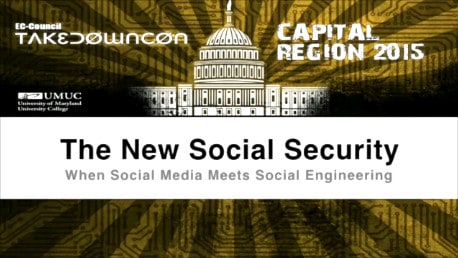It’s Time to Get Serious About Education Cyber Security
Back to School: Education Cyber Security
K-12 school systems, colleges, and universities are being increasingly targeted by hackers, yet education cyber security is as woefully lacking as other industries, as these recent incidents illustrate:

- In November 2016, Columbia County School District in Georgia admitted to a breach of personal information belonging to its employees and their spouses, dependents and insurance beneficiaries, including their names, birth dates, and Social Security information.
- On New Year’s Eve, Los Angeles Valley College was hit by a ransomware attack that brought the school to its knees. In an echo of last year’s Hollywood Presbyterian Medical Center attack, the college finally paid a ransom of over $28,000 in Bitcoin to regain access to its systems.
- In early January, Northside Independent School District, the largest school system in San Antonio, disclosed that it had fallen victim to a data breach last August that exposed the personal data of over 23,000 current and former students and employees.
- Elsewhere in Texas, the Argyle Independent School District fell victim to a spear phishing scheme that resulted in all of its employees’ W2 data being released to hackers.
- In Minnesota, South Washington County Schools was hacked by one of its own students, compromising the personal data of over 3,200 employees.
Education Cyber Security Threats are Many and Varied
As the above incidents illustrate, K-12 schools and higher education institutions face threats on multiple fronts. Like healthcare facilities, school networks are a hacker’s treasure trove of identifying information on staff members, students, and students’ families, including names, birth dates, addresses, Social Security numbers, even medical information. Additionally, school networks are often connected to each other and to government agencies for information-sharing purposes, which means that in addition to data breaches, ransomware attacks, and other direct abuse, cyber criminals may infiltrate a school’s network for purposes of using it as a back door into another organization.
Further complicating education cyber security is the fact that K-12 schools, by their very nature, have a user base that includes minor children as well as adults. Not only are minor students potentially more vulnerable to social engineering schemes, they may also pose cyber threats themselves, as in the South Washington County Schools case. Students may also hack a school’s network to alter grades, cause general disruption, or even just to see if they can do it.
Third-party software applications also pose threats to education cyber security. Cash-strapped schools, under pressure from students and parents for more e-learning capabilities, often turn to free applications released by third parties. However, nothing is truly “free”; software developers must monetize their applications in some manner, and this could involve collecting personal data from teachers and students and selling it to other companies. Third-party developers may also practice poor data security. An independent audit of 1,200 education software applications by the nonprofit group Common Sense Education found that nearly half did not automatically encrypt students’ data.
How Schools Can Protect Themselves
Just as in every other industry, an education cyber security strategy must be proactive, not reactive. Teachers, other school staff, and students must all be trained on cyber security best practices, and schools must employ the same data security protection as organizations in other industries; for example, strong passwords that are changed regularly, two-factor authentication, and ensuring that software is kept up-to-date.
For generations, schools have taught students about “stranger danger” and how to stay safe in the real world; they should likewise be taught how to protect themselves from identity theft and other online crimes. Schools should also have specific policies regarding the use of third-party educational software in the classroom, and any software a teacher would like to use should be evaluated for data security before it is installed.
The cyber security experts at Lazarus Alliance have deep knowledge of the cyber security field, are continually monitoring the latest information security threats, and are committed to protecting organizations of all sizes from security breaches. We offer full-service risk assessment services and Continuum GRC software to protect companies from data breaches, ransomware attacks, and other cyber threats.
Lazarus Alliance is proactive cyber security®. Call 1-888-896-7580 to discuss your organization’s cyber security needs and find out how we can help your organization secure your systems.

